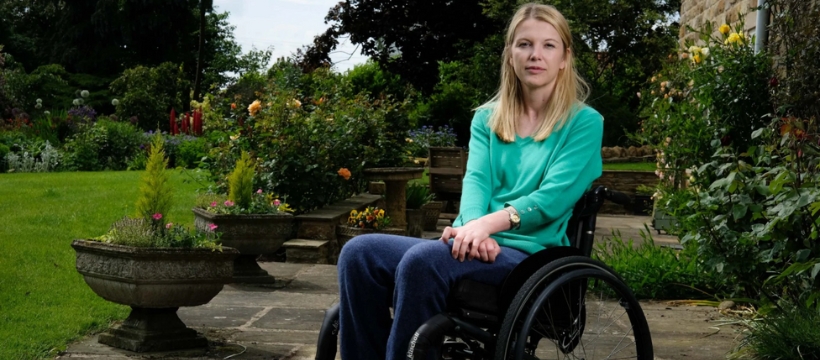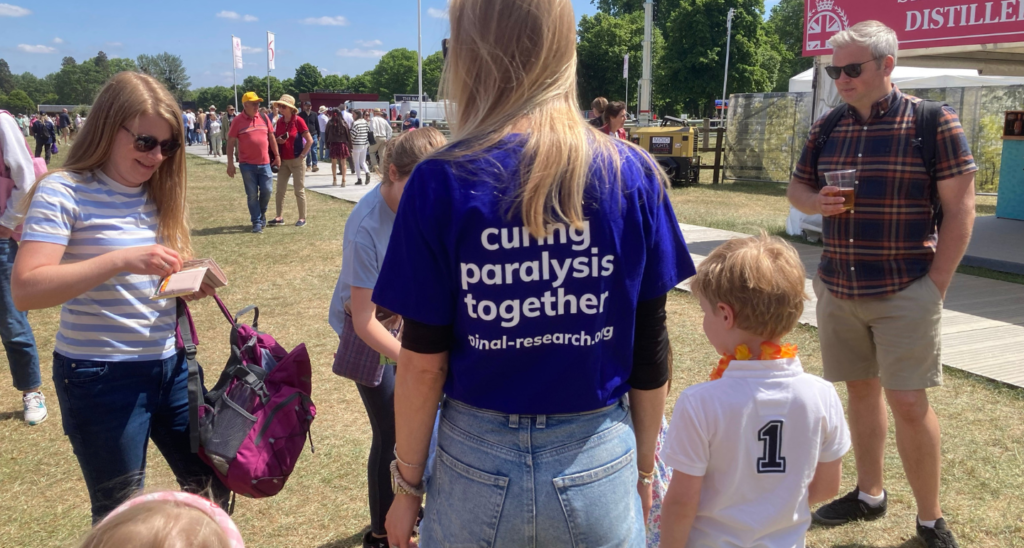Norman Tebbit, a notable figure in British politics, has emerged as a steadfast advocate for Spinal Research, drawing from his personal journey marked by tragedy. Born in 1931, Tebbit served as a Member of Parliament for over two decades, holding various ministerial positions within the Conservative government.
However, it was a devastating event that reshaped Tebbit’s life and spurred his commitment to the cause of Spinal Research. In 1984, during the infamous Brighton Hotel bombing by the Provisional Irish Republican Army (IRA), Tebbit and his wife, Margaret, were severely injured. Margaret, tragically, was left paralysed from the shoulders down due to a spinal cord injury sustained in the attack.
The profound personal ordeal of coping with Margaret’s paralysis led Norman Tebbit on a journey of resilience and advocacy. Despite their shared struggles, Margaret passed away, leaving Tebbit to continue their shared commitment to supporting Spinal Research.
Norman Tebbit’s involvement as a patron of Spinal Research underscores his unwavering dedication to improving the lives of individuals affected by spinal cord injuries, inspired by his own experiences alongside Margaret. Through their shared strength and perseverance, the Tebbits’ legacy lives on, inspiring hope and progress in the pursuit of advancements in spinal cord injury research.

We are working with some of the world's leading scientists to accelerate new treatments.

Read the stories of people with a spinal cord injury and the hope they have that, one day, research will help them.

There are lots of way you can get involved to help make research happen.